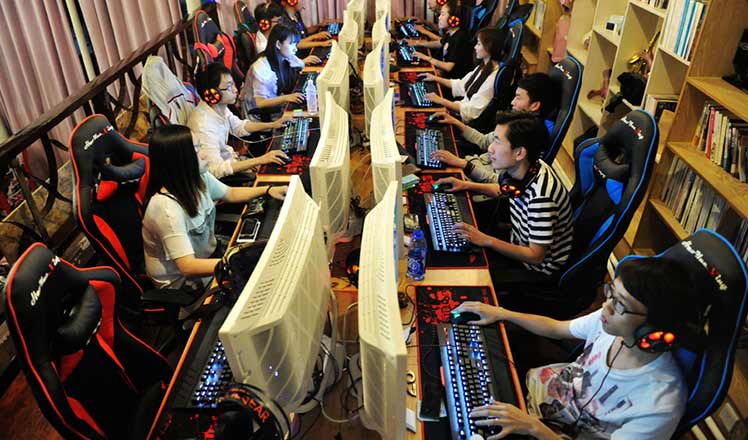Global cooperation can make a difference
Updated: 2016-09-05 07:27
By Yi Fan(China Daily)
|
||||||||
 |
|
Leaders pose for pictures during the G20 Leaders Summit at the Hangzhou International Expo Center in Hangzhou, East China's Zhejiang province, on Sunday. WU ZHIYI/CHINA DAILY |
Globalization was hailed as being the path toward greater shared prosperity. Things, however, started to change at the turn of this century, and the trend of anti-globalization has been gaining momentum.
There has been a growing wave of anti-globalization, anti-elitism, anti-establishment and the reemergence of populist politics in many countries. Brexit was a blunt rejection of Europe by those in Britain who complained about the influx of foreigners and the lack of jobs. A similar story can be seen across the Atlantic with the rise of US Republican presidential candidate Donald Trump, who has clearly won the support of those who complain about job losses, the influx of foreigners and the country's waning competitiveness.
And most of the world's major economies, notably advanced ones, are resorting to protectionist measures as the global economic slowdown bites harder. The WTO Doha round of negotiations has long been at an impasse. Both presidential candidates in the United States are promising what would be tantamount to a US exit from the global trading system.
There are a number of underlying causes for the anti-globalization movement: insufficient macroeconomic policy coordination among countries has left the existing international economic and financial governance system inefficient and ineffective; the sluggish global economic recovery and slow growth are undermining the case for open markets that globalization rests on; social endeavors, including poverty reduction, and better human rights and labor standards, lag behind across the world. Moreover, the benefits of globalization remain highly concentrated in a few countries and among the upper echelon of society.
At the same time, terrorism and political instability are slowing down the globalization process. The sense of insecurity that terrorism provokes and the fear that liberal standards are facilitating terrorism and that porous borders are allowing terrorists to enter target countries have caused the US and the members of the European Union to seek greater control over cross-border movements. And the spillovers of increasing geopolitical instability have added to people's sense of insecurity and prompted them to look inward.
However, the bottom line is, like it or not, we all live in a globalized world. Against such a backdrop, all eyes are now on the G20 Hangzhou Summit to deliver some answers.
- Xi takes world's center stage at G20 summit
- The foreign press reacts to President Xi's G20 Summit speech
- Xi expects G20 Summit to offer remedies to world economy
- G20 chair and globalization's future
- Brexit tells world to change path of globalization
- G20 leaders to spur trade growth, push globalization: Chinese
- Globalization and its disconnect
- Keep up momentum for globalization
- Rousseff appeals impeachment to Supreme Court
- Europeans displeased with their education systems
- Singapore Zika cases top 150; China steps up arrivals checks
- Artists respond to 9/11 attacks in new exhibit
- Rocket explodes on launch pad in blow to Elon Musk's SpaceX
- Record number of Americans dislike Hillary Clinton: poll

 Commemorative G20 stamps a hit at media center
Commemorative G20 stamps a hit at media center
 Ten photos from around China: Aug 26- Sept 1
Ten photos from around China: Aug 26- Sept 1
 Hangzhou: Paradise for connoisseurs of tea
Hangzhou: Paradise for connoisseurs of tea
 Top 10 trends in China's internet development
Top 10 trends in China's internet development
 Childhood captured in raw, emotive black and white
Childhood captured in raw, emotive black and white
 Korean ethnic dance drama shines in Beijing
Korean ethnic dance drama shines in Beijing
 Children explore science and technology at museum
Children explore science and technology at museum
 Children wearing Hanfu attend writing ceremony
Children wearing Hanfu attend writing ceremony
Most Viewed
Editor's Picks

|

|

|

|

|

|
Today's Top News
Trump outlines anti-terror plan, proposing extreme vetting for immigrants
Phelps puts spotlight on cupping
US launches airstrikes against IS targets in Libya's Sirte
Ministry slams US-Korean THAAD deployment
Two police officers shot at protest in Dallas
Abe's blame game reveals his policies failing to get results
Ending wildlife trafficking must be policy priority in Asia
Effects of supply-side reform take time to be seen
US Weekly

|

|







